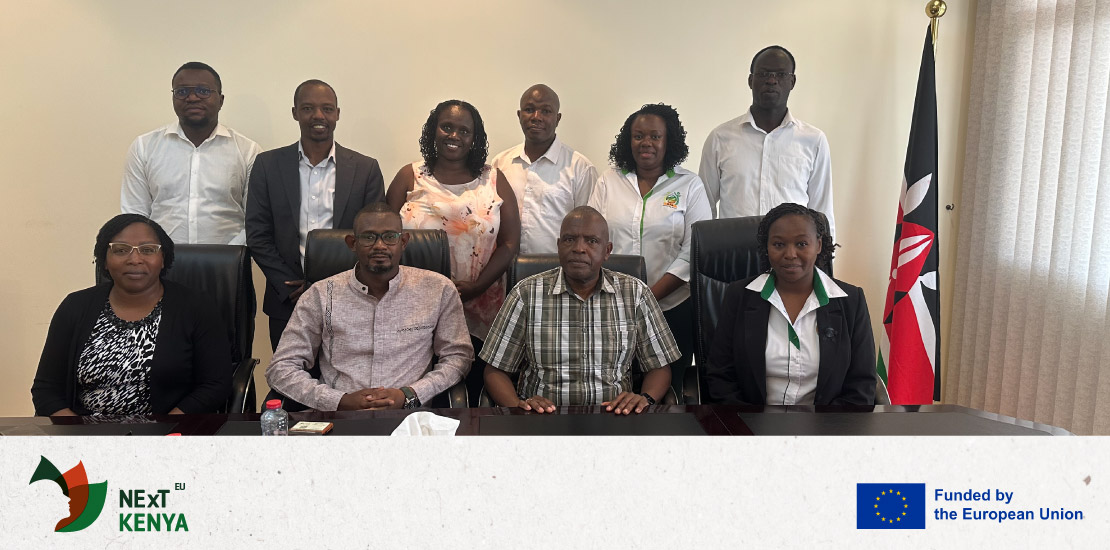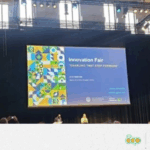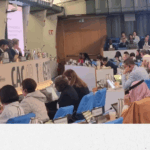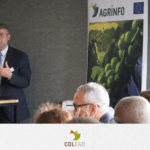United Arab Emirates: a promising market for Kenyan products
- 07/12/2023
- Posted by: Sandra Borma
- Category: News

As part of the NExT Kenya programme, the Kenyan National Horticultural Taskforce, in collaboration with HCD (Horticultural Crops Directorate), a directorate established under the Agriculture and Food Authority and COLEAD, visited the United Arab Emirates (UAE) last October. The aim was to gain a better understanding of the Middle East market, its specific requirements and to deepen existing relationships to capitalize on emerging opportunities. The trade mission was also attended by representatives of Kenya Plant Health Inspectorate Service (KEPHIS), Fresh Produce Exporters Association of Kenya (FPEAK) (, Fresh Produce Consortium of Kenya (FPCK), Avocado Exporters Association of Kenya (AEAK) ) and Kenya Flower Council (KFC) (.
The mission enabled a study of the fruit and vegetable market to be carried out. Several fruit and vegetable stores including Carrefour, Waitrose, Al Maya were visited and analysed on the basis of the range of horticultural products on offer, the quantities traded, seasonality and the logistics required to do business with these outlets. In addition, the survey covered the products sold, packaging, price, presentation, promotion strategy, certification displayed on the products and competing places of origin. The Kenyan delegation also took part in the AgraME exhibition in Dubai on 9 and 10 October 2023. The event brings together solution providers in the crop, livestock and horticulture sectors, providing a unique platform to showcase cutting-edge innovations and explore sustainable solutions for the agricultural sector.
From the study and the many meetings, the following key findings emerged:
Dubai is an ideal gateway for Kenyan exports, providing a logistical hub that facilitates re-export to other Gulf countries in the region. The UAE is an importer of its own fruit and vegetables, so is a market in itself. Kenya is well positioned in relation to its competitors, thanks in particular to its geographical position and shipping times. The UAE market is 11 million people, but 30 million if we consider the flow of tourists to Dubai. So many consumers for Kenyan avocados, mangoes and vegetables. However, competition remains aggressive, particularly for avocados from countries such as Egypt, South Africa, Ecuador and Mexico. At the point of sale, the emphasis is on taste, appearance and post-harvest shelf life, and currently less on product labels. But this is set to change. Kenyan flowers stand out for their quality and vase life, which is superior to that of flowers from Ecuador or Colombia, even though the Kenyan flower heads are smaller. Although buyers recognise that the quality of Kenyan avocado has improved, the problems associated with the heterogeneity of supply remain a challenge to be resolved. With regard to the administrative procedures for accessing the market, the local authorities recommend exploring the use of digital phytosanitary certificates, as other countries supplying the UAE are already doing that. Finally, given the very positive feedback from participation in AgraME, the Kenyan delegation decided to study the feasibility of exhibiting more in this type of trade fair in the Middle East.
The NExT Kenya mission was thus rich in lessons learnt and in encouraging marketing promises for the future of Kenyan horticultural products on the Middle Eastern market.
These activities are implemented by COLEAD and supported by the NExT Kenya (New Export Trade) programme, established in collaboration with the EU Delegation in Nairobi and Kenyan stakeholders. This publication has been produced with the financial support of the EU. Its contents are the sole responsibility of COLEAD and can under no circumstances be regarded as reflecting the position of the EU.





